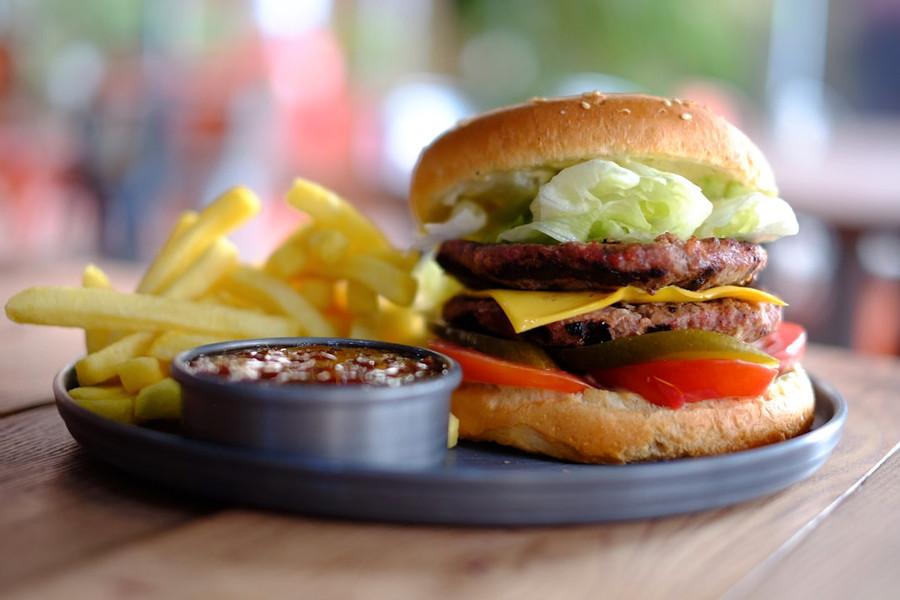How shops use psychology to influence your buying decisions
Curated from: theconversation.com
Ideas, facts & insights covering these topics:
5 ideas
·2.54K reads
38
Explore the World's Best Ideas
Join today and uncover 100+ curated journeys from 50+ topics. Unlock access to our mobile app with extensive features.
Shopping Is A Mouse Trap
You might think that you only buy what you need when you need it. But whether you are shopping for food, clothes or gadgets, the retailers are using the power of psychological persuasion to influence your decisions – and help you part with your cash.
38
624 reads
You Are A Lab Rat In A Supermarket
Why do shops like to move everything around? Well, it’s actually a simple answer. Changing the location of items in a store means that we, the customers, are exposed to different items as we wander around searching for the things we need or want. This ploy can often significantly increase unplanned spending, as we add additional items to our baskets – often on impulse – while spending more time in the shop.
36
545 reads
Impulse Buying
Studies suggest that as much as 50% of all groceries are sold because of impulsiveness – and over 87% of shoppers make impulse buys.
It is known that external shopping cues – “buy one get one free” offers, discounts and in-store promotional displays, for example – play a key role.
An appealing offer can lead to a rush of temporary delight, and this makes it harder to make a rational buying decision. We’re overcome by the perceived value of the “saving” if we buy the item in the here and now – so we ignore other considerations such as whether we really need it.
38
474 reads
Bundling
Bundling is another technique that retailers use to trigger impulse buying.
Complementary products are packaged together as one product, with one price, which often provides a substantial discount. Game consoles, for example, are often sold together with two or three games, and grocery stores have “meal deal” bundles and even web pages dedicated to a whole range of bundle offers.
37
460 reads
The Bottom Line
- While these strategies can help to swell the profits of retailers, they can also contribute to problems for their customers.
- Impulse buying can undoubtedly affect a consumer’s mental wellbeing. It increases feelings of shame and guilt, which in turn can lead to anxiety, stress and depression.
- It’s potentially even more serious when buying on impulse leads to excessive buying, especially if people spend money they don’t have.
36
440 reads
IDEAS CURATED BY
Laura Graham's ideas are part of this journey:
Learn more about psychology with this collection
The importance of perseverance
How to embrace failure as a learning opportunity
The power of innovation and creativity
Related collections
Similar ideas
5 ideas
5 ideas
The psychology of shopping addiction
bigthink.com
4 ideas
How to Stop Wasting Money on Clothes
twocents.lifehacker.com
Read & Learn
20x Faster
without
deepstash
with
deepstash
with
deepstash
Personalized microlearning
—
100+ Learning Journeys
—
Access to 200,000+ ideas
—
Access to the mobile app
—
Unlimited idea saving
—
—
Unlimited history
—
—
Unlimited listening to ideas
—
—
Downloading & offline access
—
—
Supercharge your mind with one idea per day
Enter your email and spend 1 minute every day to learn something new.
I agree to receive email updates




